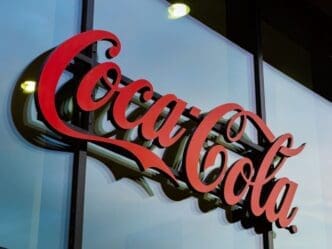Executive Summary
The Story So Far
Why This Matters
Who Thinks What?
Coca-Cola has initiated the rollout of a new soda in the United States that utilizes cane sugar instead of high-fructose corn syrup, a move that follows a public demand made by President Donald Trump earlier this year. A company spokesperson confirmed the beverage is now becoming available in “select” cities and retailers across the country.
Background to the Switch
The introduction of the cane sugar soda comes after Trump announced in July that Coca-Cola had “agreed” to his request to use the alternative sweetener in its cola. This change aligns the US product with certain international versions of Coca-Cola, such as those sold in Mexico, which already feature cane sugar. The company also uses cane sugar in several other US-marketed beverages, including Simply lemonade, Gold Peak iced tea, and Costa canned coffee.
The high-fructose corn syrup traditionally used in American-made Coca-Cola has been a point of contention, particularly with Robert F. Kennedy, Jr., who serves as Trump’s Health and Human Services secretary and has actively advocated against its use. High-fructose corn syrup is a common and cost-effective sweetener, which led to its widespread adoption by Coca-Cola many years ago.
Health Perspectives and Company Strategy
Despite the change in sweetener, health experts have previously noted that sugar-filled sodas, whether made with cane sugar or corn syrup, are not considered healthy. Both ingredients contribute to the overall sugar content of the beverage.
The launch of the cane sugar soda also coincides with Coca-Cola’s broader success in the market, particularly with sugar-free options and healthier drink alternatives. The company reported a 14% global volume growth for Coca-Cola Zero Sugar in its third-quarter earnings, alongside positive performance from products like the relaunched BodyArmor and Smartwater bottled water.
Looking Ahead
The introduction of a cane-sugar sweetened Coca-Cola marks a notable development in the US beverage market, reflecting both consumer preferences and the influence of political figures on corporate decisions. This strategic rollout comes as the company continues to diversify its product portfolio to meet evolving consumer demands for various drink options.








